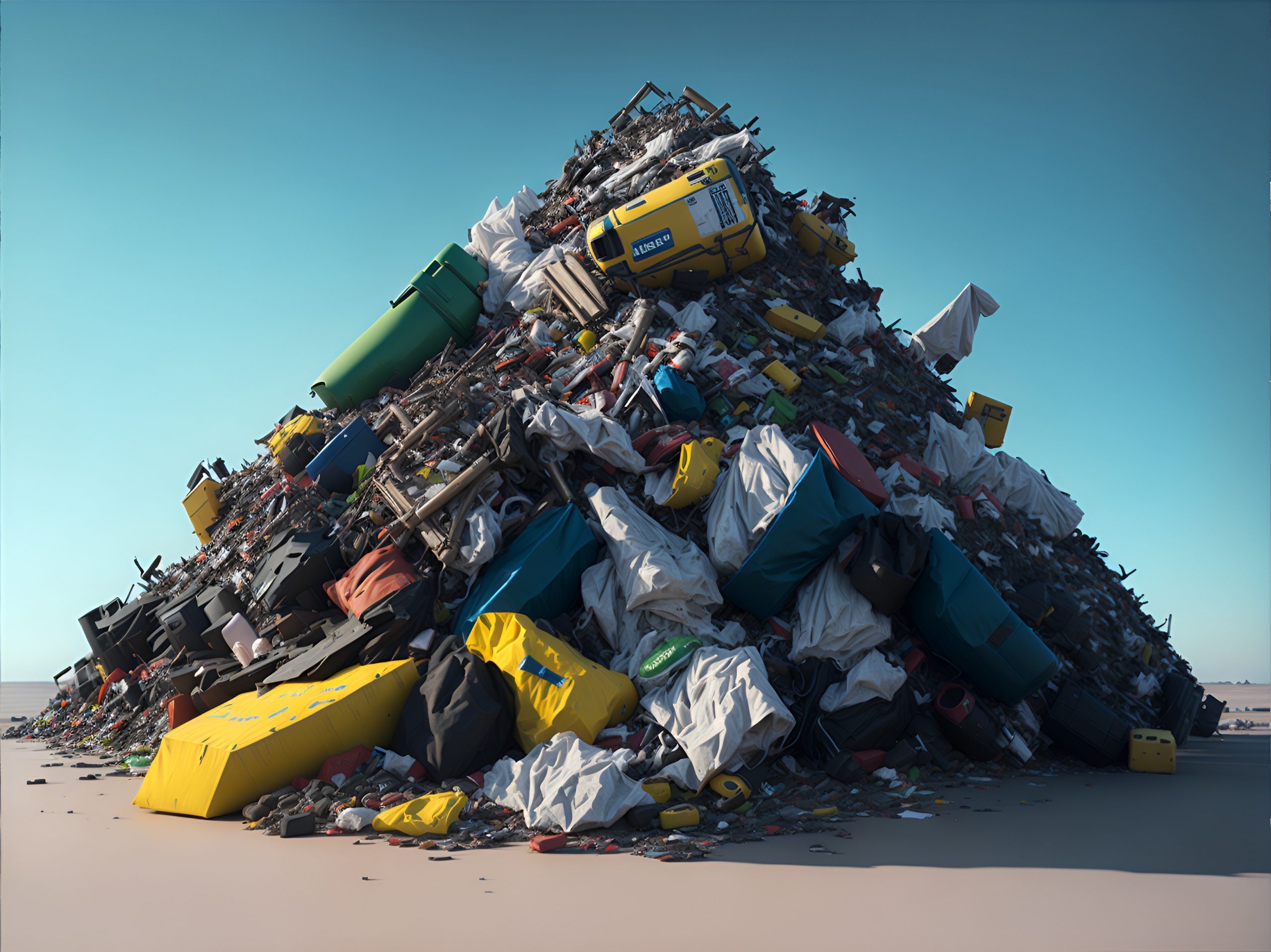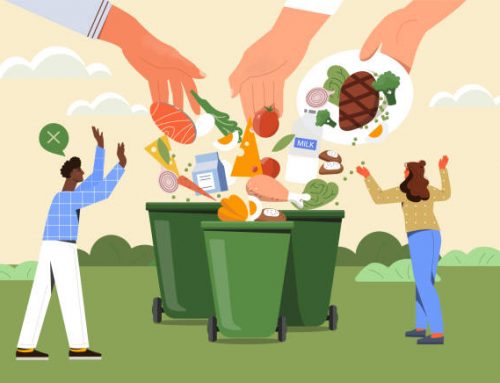In today’s fast-paced world, it’s easy to overlook the journey our discarded items embark upon after they leave our hands. That empty Coca-Cola bottle, tossed into the bin, becomes part of a sprawling global waste industry, dedicated to extracting every ounce of value from what we discard. This intricate process begins at sorting facilities like Green Recycling, where the transformation of waste takes its first steps. From there, a complex network of brokers and traders comes into play. Paper finds its way to mills, metals head to foundries, and glass is either cleaned for reuse or melted down for a fresh start. Food scraps may undergo composting to become valuable fertilizer. Any salvageable items, such as clothing, phones, or furniture, find new homes in the thriving second-hand market.
If luck is on its side, your bottle might journey across the seas, landing in a recycling facility in South East Asia or Eastern Europe, where it could be reborn as a toilet seat or a stylish pair of sneakers. Yet, if fate takes a different turn, that bottle could end up in an illicit waste dump in Malaysia or Turkey, where impoverished waste pickers, often children, sift through heaps of Western refuse.
A harsh reality emerges from this process – for decades, much of what we believed was being recycled, simply wasn’t. Western nations shipped off our waste to countries where labor is inexpensive and environmental regulations lax, an unsettling phenomenon often termed as ‘toxic colonialism.’ Thanks to the diligence of investigative journalists and NGOs, we now confront the truth that a significant portion of the recycling we exported was frequently incinerated or dumped at sea. The pollution choking Asia’s waterways is, in part, a consequence of our own actions.
In the UK, less than half of household waste undergoes recycling, a figure that may even be inflated. Globally, a mere 20 percent of waste is recycled. The majority of our refuse continues to be handled in a manner reminiscent of ancient times: either buried underground or set ablaze.
The environmental toll of this reality is staggering. Presently, the solid waste industry is responsible for a staggering 5 percent of global greenhouse gas emissions – surpassing the combined emissions of the shipping and aviation sectors. This serves as a stark reminder that the road to a sustainable future must begin with a profound reevaluation of how we handle and dispose of our waste. With concerted efforts and a shift in mindset, we can pave the way for a more environmentally conscious and responsible approach to waste management.






Leave A Comment